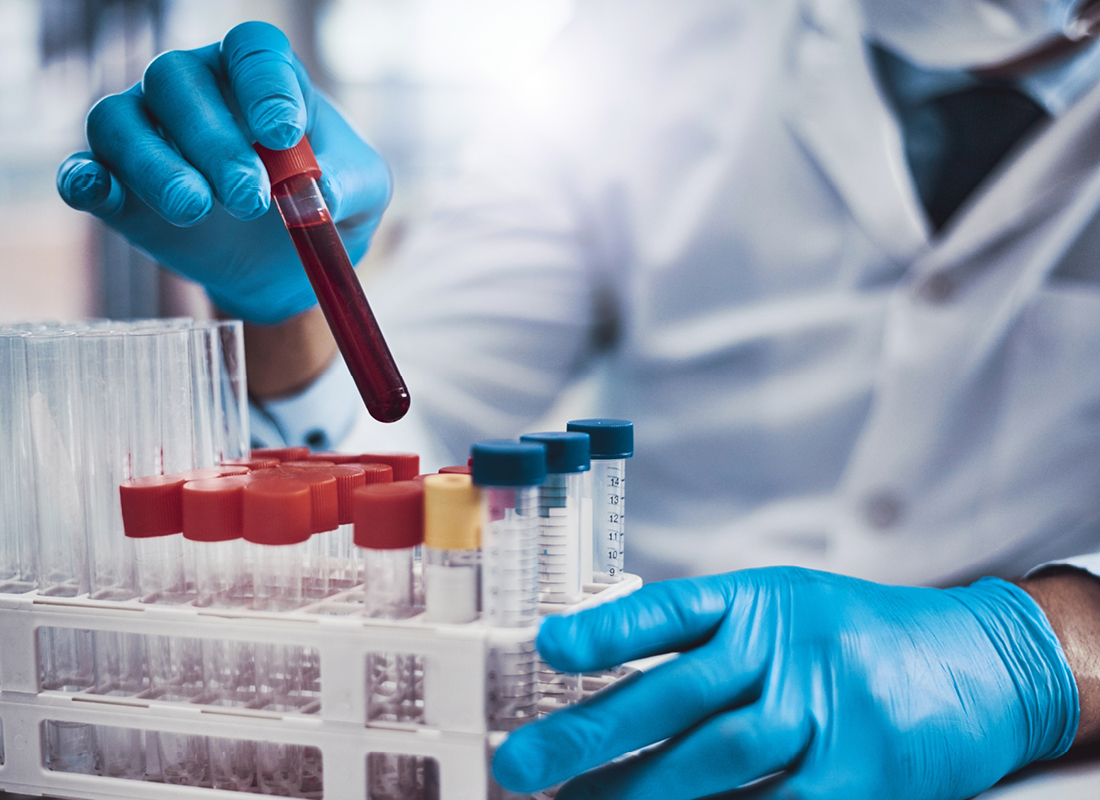New IOM Report on Biomarker Tests Calls for Improved Evidence, Oversight
From - National Intelligence Report Few dispute the promise of personalized—or, more recently, "precision"—medicine, but in a world where… . . . read more

By Stephanie Murg, Managing Director, G2 Intelligence
Few dispute the promise of personalized—or, more recently, “precision”—medicine, but in a world where “the right treatment for the right patient at the right time” has been promised for well over a decade, a range of stakeholders are grappling with the practical clinical applications of this highly touted paradigm. According to a new report from the Institute of Medicine of the National Academies of Sciences, Engineering, and Medicine (Washington, D.C.), appropriate adoption of potentially useful biomarker tests is being thwarted by a lack of common evidentiary standards necessary for regulatory, reimbursement, and treatment decisions.
“The timely development of biomarker tests and associated therapies is critical to realizing the full potential of ‘precision medicine,'” said Harold L. Moses, M.D., chair of the independent, 15-member committee that wrote the report, and a professor at Vanderbilt University. “Our report lays out a strategy to ensure that patients have access to effective tests and treatments that are based on solid evidence of their ability to improve health outcomes.”
Published March 4, the report, Biomarker Tests for Molecularly Targeted Therapies: Key to Unlocking Precision Medicine, calls for the creation of a “rapid learning system” that would integrate research on these tests and associated treatments with clinical practice.
“We need to develop strategies that include experts in informatics as well as the clinicians and laboratory scientists to find a way to identify, catalog, and annotate,” says oncologist and health economist Gary Lyman, M.D., of Fred Hutchinson Cancer Research Center, a member of the report committee. “This has to be automated if we’re ever going to keep up with the rate of expansion of knowledge in this area. This isn’t something that a single institution or even a group of institutions is likely to keep on top of—this has to be a concerted national effort, just like the proposed ‘moonshot’. We’re calling for this to be a national priority.”
A focus throughout the report’s ten recommendations is the need for appropriate regulatory oversight. The authors call for the U.S. Department of Health and Human Services (HHS) to “immediately facilitate the development of common evidentiary standards that demonstrate the usefulness of biomarker tests for selecting targeted therapies and improving patient outcomes.” These new standards would inform regulatory, insurance coverage, and reimbursement decisions, and they could also strengthen clinical guidelines.
Oversight and accreditation of laboratories providing biomarker tests for molecularly targeted therapies should also be updated and strengthened, the report says. Current regulatory oversight of these labs is widely viewed as insufficient for increasingly complex biomarker tests. Finally, the authors urge professional organizations and healthcare institutions to develop and implement standards for obtaining patient specimens to ensure patient safety as well as the accuracy of biomarker test results.
Subscribe to view Essential
Start a Free Trial for immediate access to this article